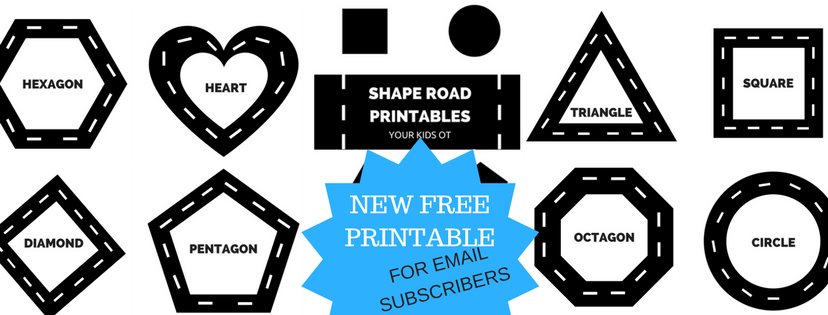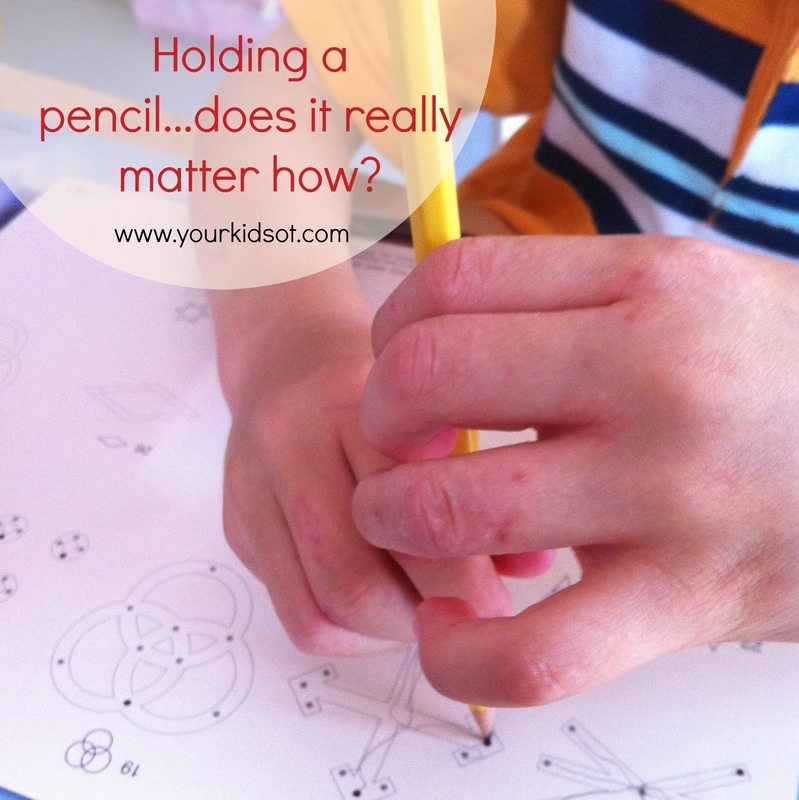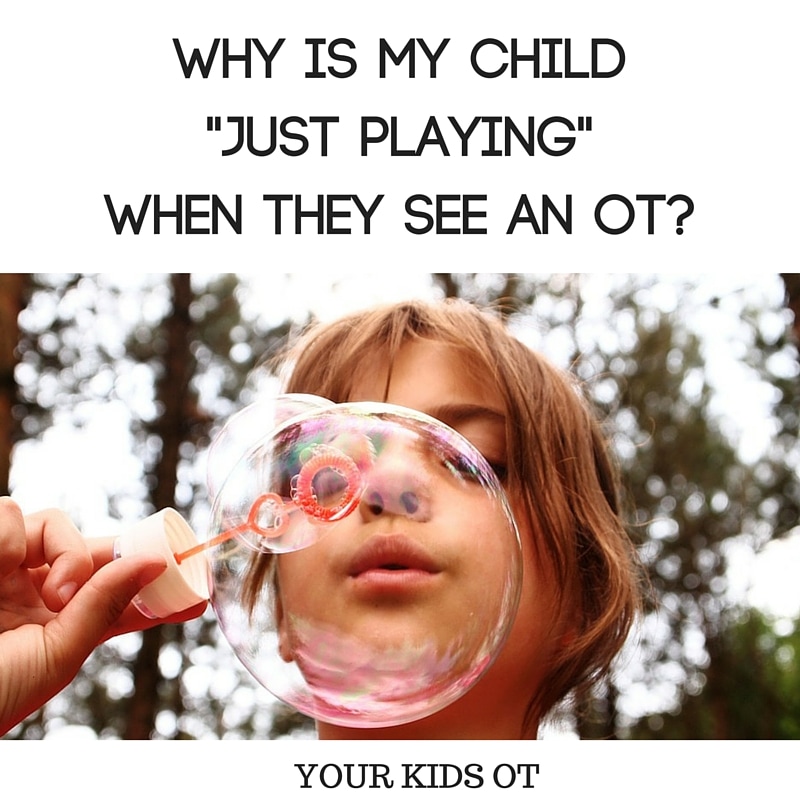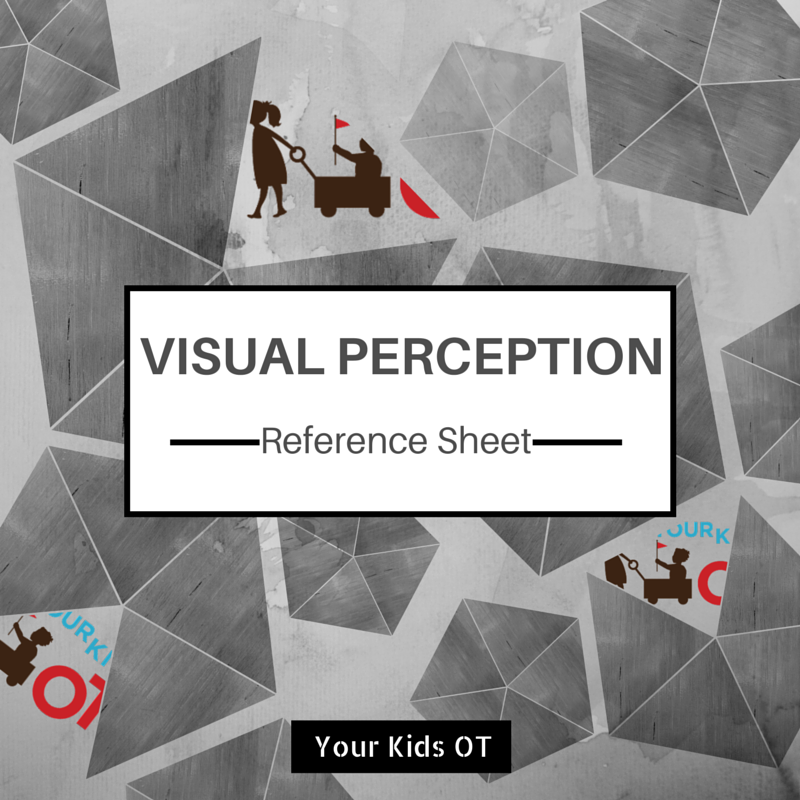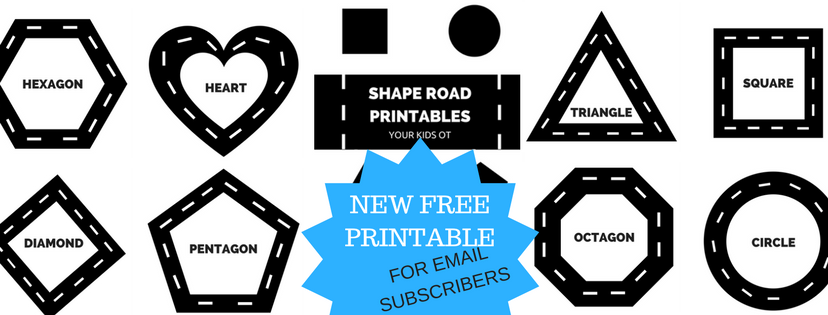|
The very beginning is a very good place to start. A new year seems the appropriate time to go to the "fundamentals". A parent of a potential client contacted me recently asking about occupational therapy services. Whilst I think there is an increasing awareness about occupational therapy in the community, what we do, how we can work with children... this family were not sure. They asked me if I provided speech services... which inadvertently told me that they really didn't understand what occupational therapy was all about. We use a lot of "jargon" in occupational therapy and this article aims to demystify it. Let's start at the top. Occupational therapists are interested in a person’s roles. “Occupational roles” tell us about “occupations” or “activities” that need to be performed. Being able to participate, become independent, be functional in these roles is important for a person (child’s) well-being and inclusion in society. When considering a child, some of their main “roles” (childhood occupations) include being a family member, student, friend, self-carer (looking after themselves) and player. A family member could mean being a son, daughter, sibling, niece, nephew, grandchild or dependent. There is a sense of belonging to the family and should be where a child is most securely attached, comforted and loved. As a child grows and begins to attend preschool or school, they become a member of this community. In Australia, belonging to a school means wearing a uniform with most schools having a motto and badge. These symbols unifies the school community. Within the school community, a child may also have a role within a year (grade) group and as a team member (eg. sporting team or debating team). There is usually a "house system" which unifies children across age groups to barrack for points and accolades too. As a child develops friendships, their role as a friend will also develop. This may be as a play mate where the children share time and play. This may develop into a group of friends forming a social group. The role of friendship can lead to a new sense of attachment, trust, respect, people to confide in, a confidant for others and deeper relationships. The roles of a self-carer (looking after one's self) and as a player (independently and with others) will change over time as the child develops their skills. More to come on these roles. Childhood occupations (occupational roles) is our starting place for context before we break down into activities and skills, strengths and difficulties. Occupational performance areas stem from the roles we have discussed previously. Performance areas form the functional more concrete activities that are needed to be able to fulfil a role. Self-Maintenance refers to any activity that a child needs to complete to look after themselves. This may change over time as the child gets older. It may include self care tasks such as eating (with fingers, cutlery), dressing, bathing/showering, brushing teeth, toileting, grooming (hair, nails, body odour) and tying shoe laces. A teenager may also complete tasks to manage puberty (period management, shaving) or gain independence with catching public transport or learning to drive. Productivity for a child generally refers to school based tasks as this is "work" for a child. Some people will also regard "play" as a child's work and categorize it here. School based tasks may include anything that is needed to function within a school community such as going to the appropriate classroom, following a teacher's instruction, participating in floor activities, table top activities (such as writing, drawing, cutting, mathematics, etc), moving to and from recess, participating in the playground, participating in sporting activities, attending at a school assembly, etc. The list of school based tasks is large and can be different depending on a child's age and the school they attend. Play is also complex and expectations for play may be developmental initially. Play may also be singular where a child plays independently. It may be imaginary, collaborative, sensory based, exploratory, structured and/or repetitive. Children may develop play skills such as object permanence, cause and affect, turn taking, waiting and understanding rules. Leisure infers a sense of joy and self-direction. For a child, play and leisure and productivity are all intertwined. There may not be a distinction at all (and that's ok). Children benefit from leisure to provide them autonomy, safety and pleasure. Rest refers to sleep and down time (usually less activity). A child's ability to go to sleep and stay asleep for an age-appropriate length of time is important so that they are rested for the next day! Digging deeper, components of occupational performance are those underlying skills that a child needs to participate or do the activities listed above. These performance components form the basis for many therapy interventions as there is an interplay between these components with the multiple activities. For example; we need the same underlying physical skills (such as balance and coordination) to sit in a chair at school as well as stand for dressing. Biomechanical refers to physical body skills that may include being aware of a child's muscle tone, reflexes, range of motion, strength, manipulation and coordination. These physical components may impact postural stability, balance, gross motor skills, bilateral coordination and fine motor skills. Sensory-motor refers to an awareness of a child's sensory preferences, ability to modulate their body, regulate sensory demands placed on them and perform tasks. It may require a child to manage visual perception, auditory processing, tactile stimuli, vestibular input and oral sensitivities. Cognitive skills refer to thinking and planning skills. It may include executive functioning skills such as setting goals, sequencing steps, managing time and attention. It may include problem solving and reflecting. Intrapersonal skills refer to skills a child has internally. I'm categorising "interoception" (an awareness of one's own body signals and responding appropriately, however I have also seen this categorised as a sensory system. Intrapersonal skills may also refer to self-esteem, confidence, regulation, inner drive, motivation and an awareness of one's self. Interpersonal skills refer to a child's ability to relate to others. This may include social skills, friendship skills, participating in a group, participating in a community, participating in a family, etc. The list of skills here is not definitive. You may be able to add to this list! We are to also remember that a child is seen in the context of their family, culture and community. There are environmental factors to consider as well as the child's own strengths and difficulties. The role of occupational therapy is to assist a child in any of the areas above (a huge list) and different therapists will have speciality skills in specific areas. We may look at "upskilling" a child, helping a child to "problem solve" or compensating for skills with equipment. In future articles we will take a closer look at the therapeutic relationship and client centred practice. The information provided in this article is based on the Occupational Performance Model. You can see another summary of the model HERE with a printable summary HERE. Looking for more... Did you learn something about paediatric occupational therapy in this article? Is there anything you would add?  Cindy is a registered occupational therapist practising in Sydney, Australia. She has two growing children who are a constant source of inspiration and learning. Cindy loves working creatively to help children to reach their potential, finding opportunities in everyday living and making learning fun. She is also addicted to making printables (even when they take a long time to complete). Cindy is the author of the Occupational Therapy blog Your Kids OT. Read more articles from Your Kids OT at https://www.yourkidsot.com/blog Cindy is a contributing author of the Functional Skills for Kids Therapy Team. They have together published THE HANDWRITING BOOK, THE SCISSORS SKILLS BOOK and THE TOILETING BOOK. The information on this site is general in nature. The activities are safe for most children, however, you should consult an Occupational Therapist or health professional to address specific movement, sensory or other medical conditions. Affiliate links are used throughout this website to promote recommended products. Your Kids OT receives a small commission if any purchases are made through these links. Please see my disclosure policy for more details. Amazon Store: https://www.amazon.com/shop/yourkidsot YKOT shop: https://www.yourkidsot.com/store/c1/Featured_Products.html Teachers Pay Teachers: https://www.teacherspayteachers.com/Store/Your-Kids-Ot You Tube Channel: https://www.youtube.com/channel/UCZUz_5nYEOCkj32DiOCQo4Q/featured Facebook: https://www.facebook.com/yourkidsot Instagram: https://www.instagram.com/yourkidsot/ Pinterest: https://www.pinterest.com.au/yourkidsot/
0 Comments
Your comment will be posted after it is approved.
Leave a Reply. |
AuthorHi, I'm Cindy and I am an Occupational Therapist. I enjoy working creatively with children to see them reach their potential. Read more about me here. SEARCH THIS SITE
Archives
June 2024
Categories
All
Popular Posts |
Join the YKOT e-newsletter!
Subscribe to get our latest content by email and receive
the SHAPE ROADS PRINTABLE NOW!

Success! Now check your email to confirm your subscription and receive your free printable!
Join our Mailing List!
Subscribe to get our latest content by email and receive
the SHAPE ROADS PRINTABLE NOW as a thankyou!

Success! Now check your email to confirm your subscription and receive your free printable!
Disclaimer: The information on this site is general in nature and should be used for educational and entertainment purposes. The activities are safe for most children, however, you should consult an Occupational Therapist or health professional to address specific movement, sensory or other medical conditions. This blog does not replace formal therapeutic professional advice given by a health professional or medical practitioner. Reviews and endorsements of products will only be made based on my expertise and personal opinion; and deemed worthy of such endorsement. The opinions shared in sponsored content will always be my own and not that of the advertising company or brand. Content, advertising space or posts will be clearly identified if paid, affiliated or sponsored. Affiliate links may be found throughout this website in advertising. This means that if you follow through with a purchase from these links, Your Kids OT will receive a percentage of the sale. Your Kids OT undertakes to meet the requirements of the "Social Media Policy" as published by Australian Health Practitioner Regulation Agency (AHPRA). Further information about this policy can be found here.
Find meFollow me |
About me
AuthorHi, I'm Cindy and I am an Occupational Therapist. I enjoy working creatively with children to see them reach their potential. Read more about me here. |
Copyright © 2017 Your Kid OT

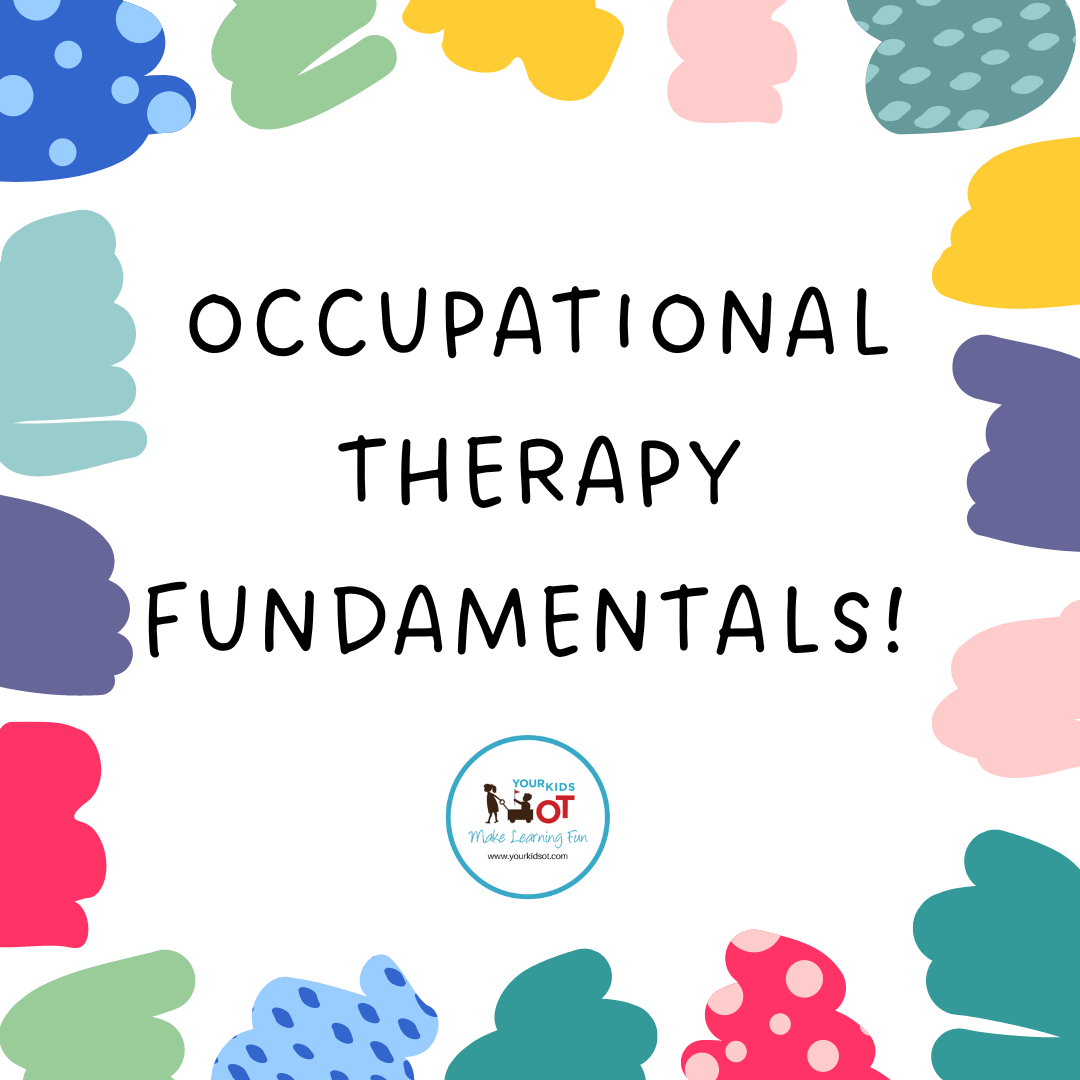
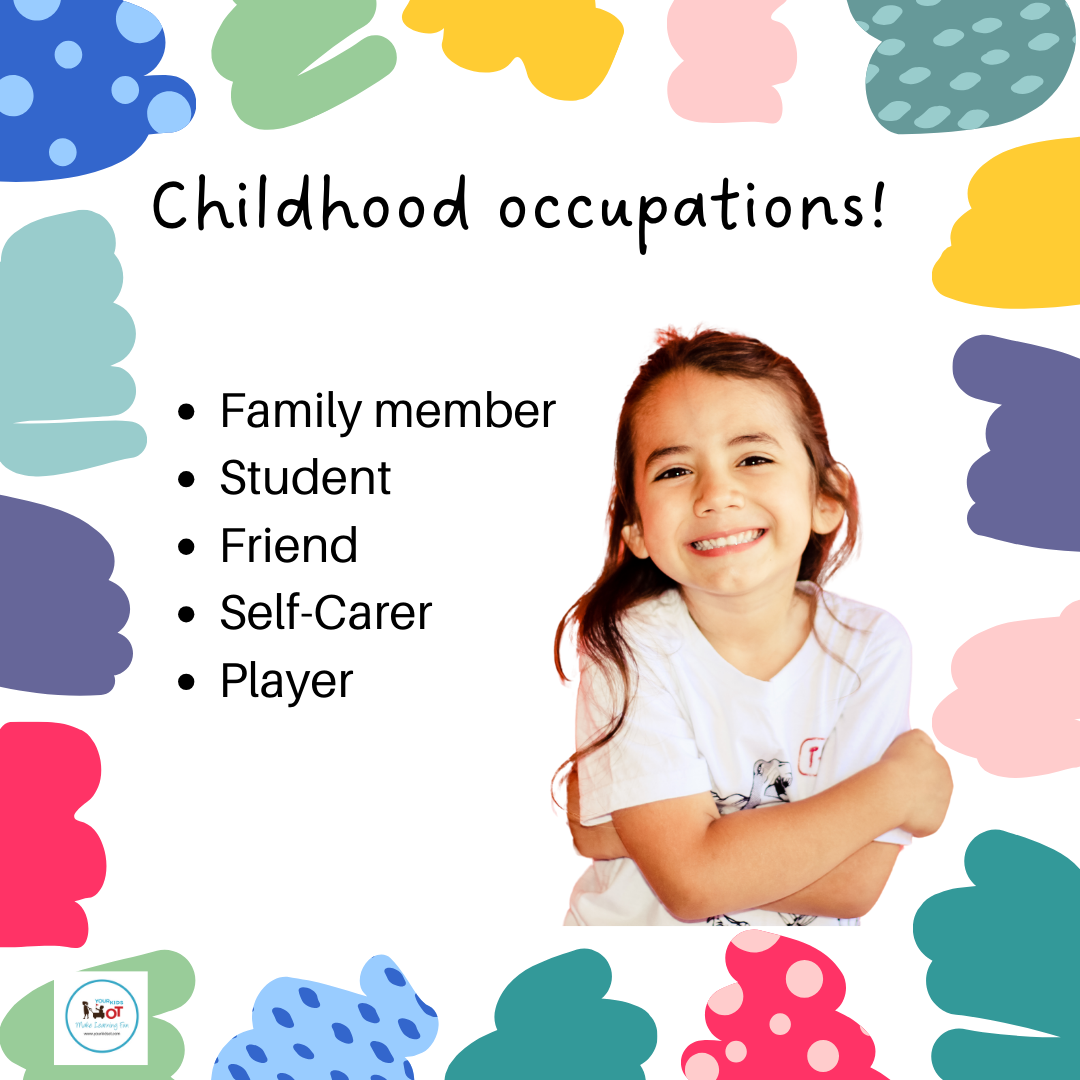
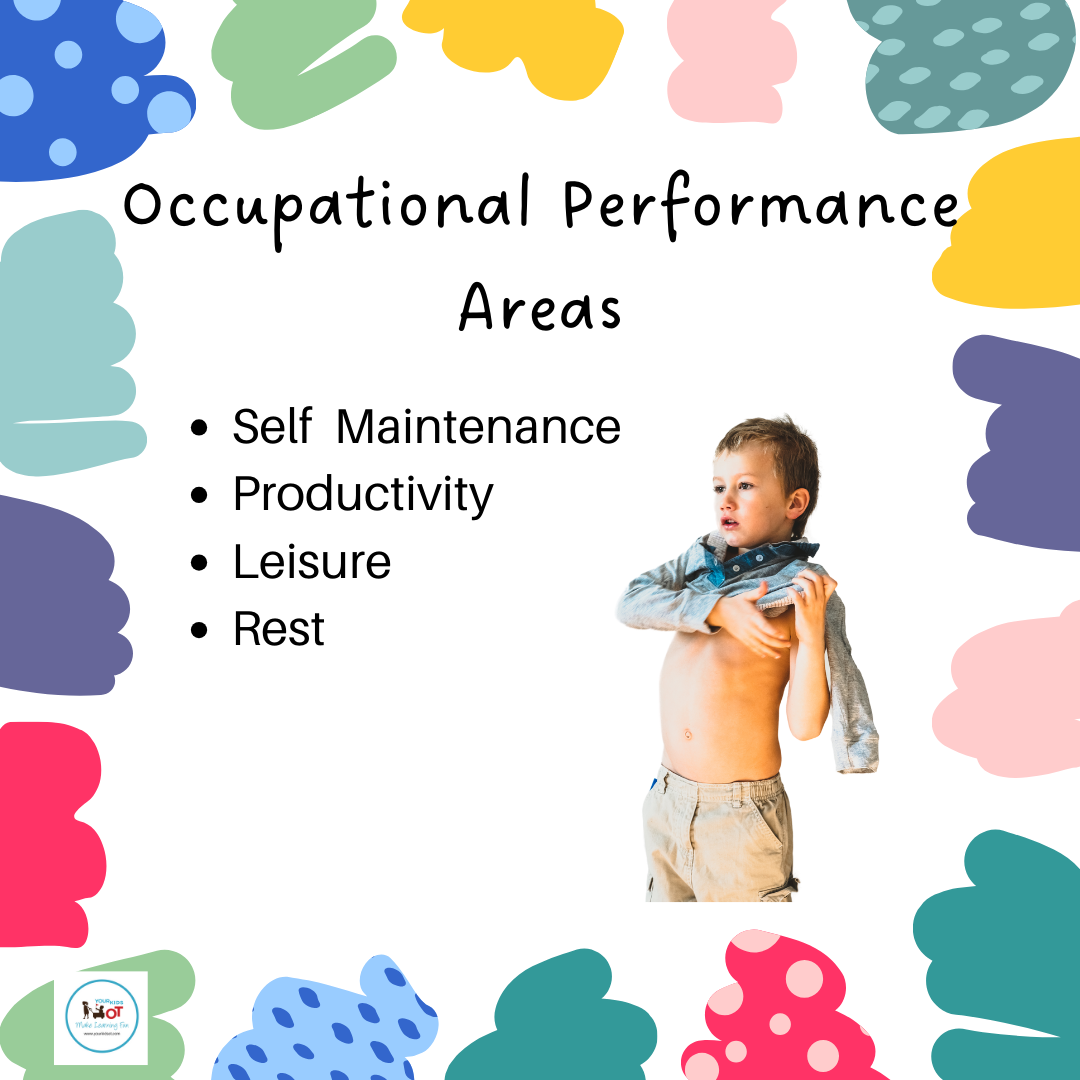
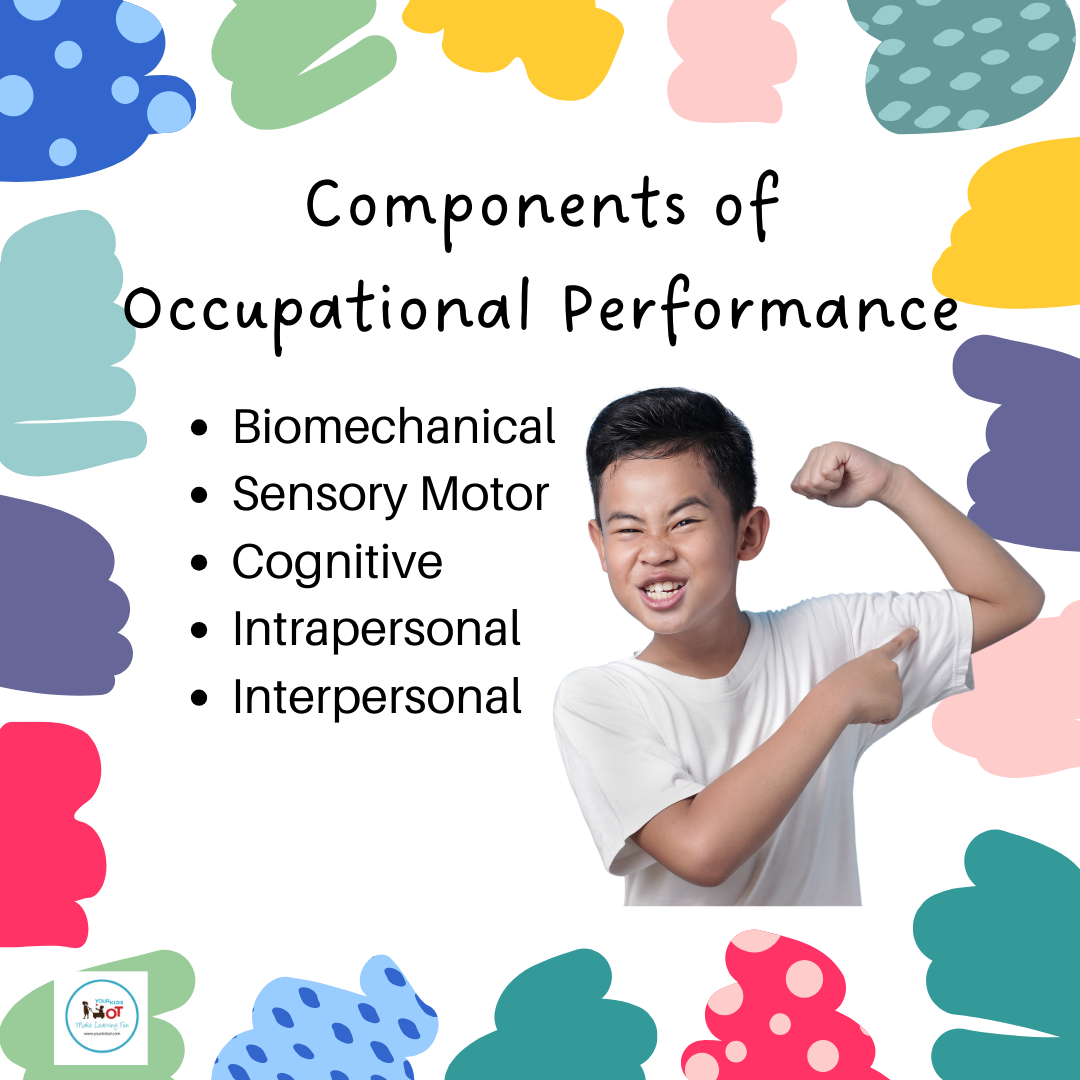

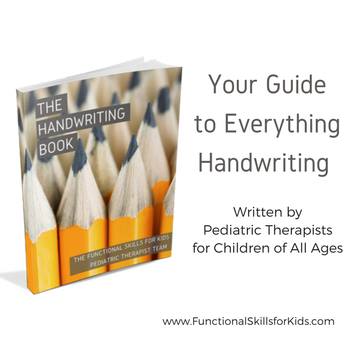
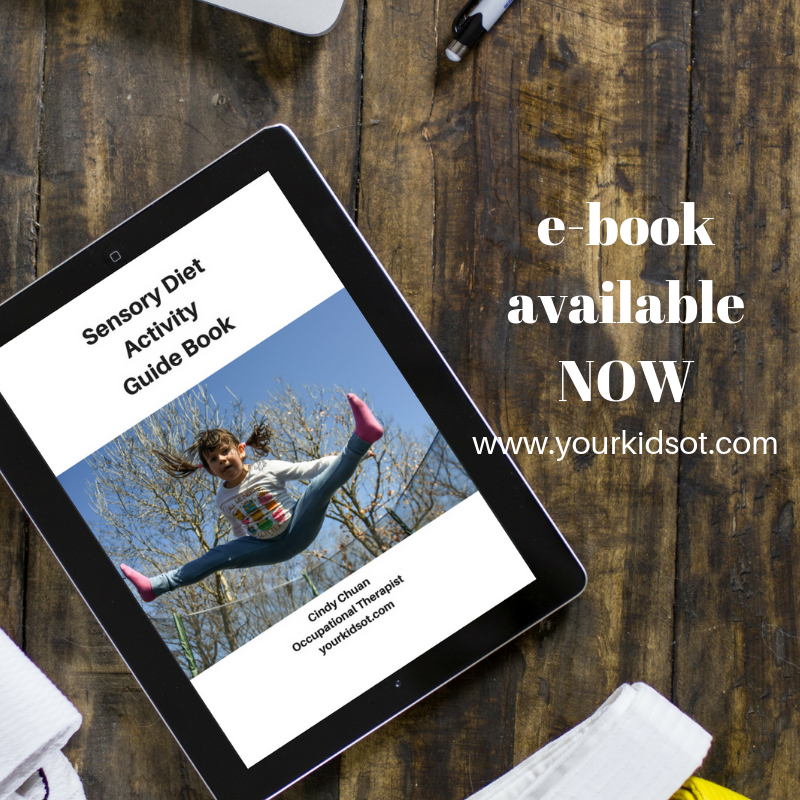
 RSS Feed
RSS Feed
